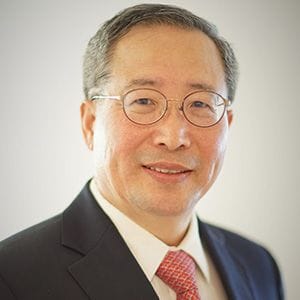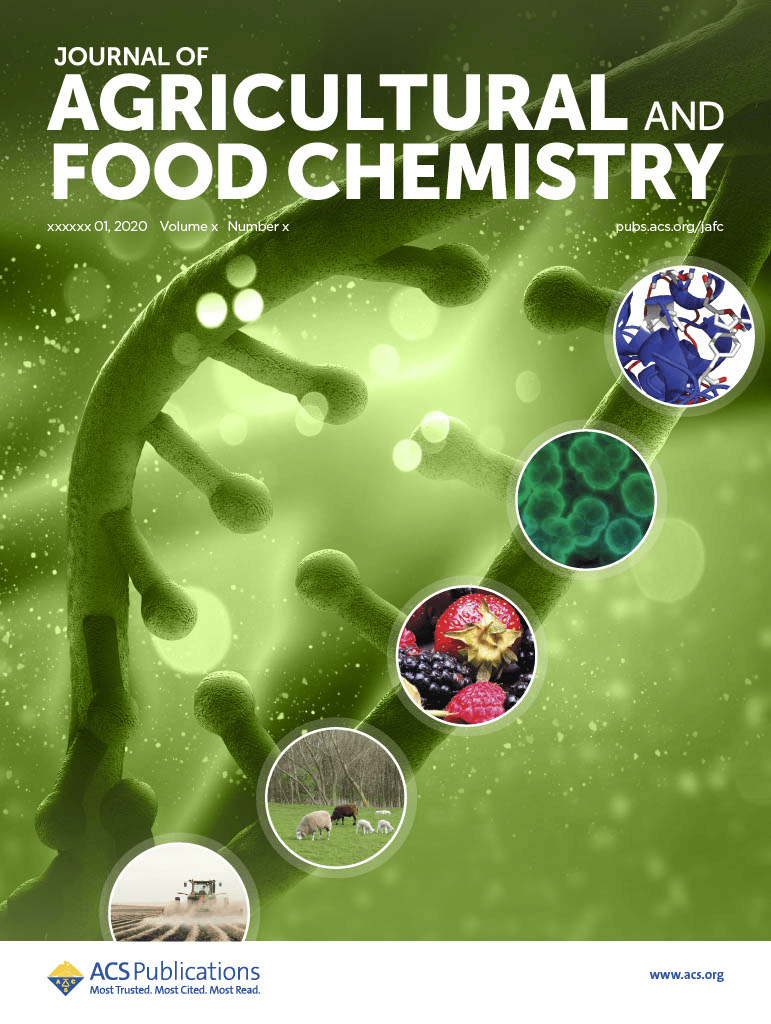In this interview, Professor Li discusses his ongoing research and the opportunities it presents and explores the critical challenges facing agriculture and food chemistry today.

With a career spanning decades, Professor Qing X. Li of the University of Hawai’i at Mānoa, U.S., has been at the forefront of agricultural and environmental sciences, blending academic excellence with innovative contributions to the field.
A renowned expert and an ACS Fellow, Prof. Li has published significant contributions to the discipline across ACS journals, with a notably impressive portfolio of articles in the Journal of Agricultural and Food Chemistry and Environmental Science & Technology.
Originally from China, Prof. Li completed his undergraduate studies there (B.S. in Agriculture at the Agricultural University of Shandong in 1982) before embarking on a transformative journey to the U.S. for his Ph.D. (Agricultural and Environmental Chemistry from the University of California, Davis in 1990). This trajectory continued with a post-doctoral fellowship at UC Berkeley, marking the beginning of a stellar career. Since 1995, he has called Hawai'i home, immersing himself in both its unique environment and his groundbreaking work in the field.
Prof. Li has been celebrated with numerous accolades, including multiple research excellence honors: receiving the American Chemical Society (ACS) Award for Innovation in Chemistry of Agriculture (2017) and the ACS International Award for Research in Agrochemicals Award (2020), before becoming an ACS Fellow in 2023.
As an Associate Editor of the Journal of Agricultural and Food Chemistry and a member of the National Academy of Inventors, his influence extends across academia and industry.
Read our interview with Prof. Li, where he delves into his history with ACS journals, explores his research interests, and shares his goals for the future.

What have been the greatest challenges of the last 10 years in the field of food and agriculture research?
Omics (e.g., genomic and proteomics), artificial intelligence (AI), computational chemistry, microbiomics, and nanotechnology have advanced so fast and so much in the past 10 years, which have promoted every aspect of agricultural and food research. Multi-omics, for example, have helped understanding biological phenomena, metabolic and regulatory networks, and molecular interactions. These technologies will continue to accelerate agricultural and food research.
What do you see as the greatest challenges for the next five years?
Sustainable agriculture remains the greatest challenge to production of quality food and food security in the next five years. Pest resistance to and environmental stress caused by pesticides require solutions. Research and discovery of green pesticides is a major approach to getting solutions, for which AI will show its highly helpful potential. Click chemistry will play its significant role in pesticidal target identification in vivo.
What is your greatest achievement—i.e. what research are you most proud of?
The success of my students is what I am proud of most. This laboratory has enjoyed diverse research. In the recent years we have focused on in vitro molecular target identifications related to anti-Alzheimer’s disease, anti-inflammation and insecticide receptors such as the autophagy-associated protein 8 work recently published in the Journal of Agricultural and Food Chemistry.
What advice would you give chemists just starting out, or those considering re-locating for their studies?
Follow your heart. Do what you enjoy and enjoy what you do. Be good at one thing. You may want to do feasible and impactful projects to address interesting scientific questions.
What motivated you to move to the U.S., and how has that transition been both professionally and personally?
Interest in research motivated me to pursue my doctoral degree in the U.S. Working in academia gives me the freedom to do research in which I am interested. Interest balances professional and personal lives.
